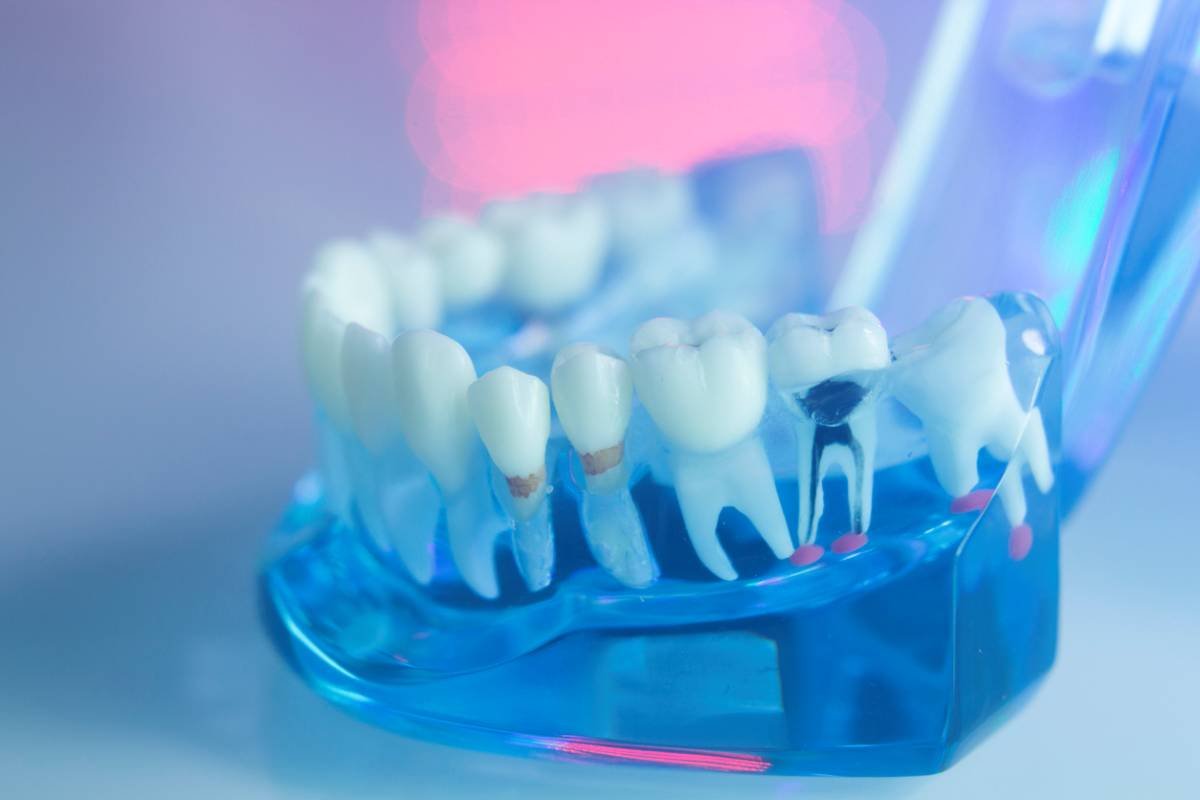A root canal is a relatively common procedure that allows your dentist to remove infected tissue from the core of your tooth. When you have a serious tooth infection, this procedure is often the best approach to protecting your oral health against the spread of infection. Let’s look at how a root canal treatment improves health.
How Root Canal Treatment Improves Health
A root canal is a surgical procedure that removes infected tissue for the center of your tooth. You see, when you develop tooth decay, the bacteria responsible for the infection are sometimes able to penetrate the protective layer of your enamel and reach the pulp.
The pulp of your tooth contains all sorts of nerves and blood vessels, so an infection in this area is worrisome due to the fact that it could spread to your jaw or even through your bloodstream. If that wasn’t bad enough, as the infected tissue surrounds the included nerves, you will begin to experience increasingly sharp pain.
While a root canal is still a very technical procedure, it’s something your dentist does all of the time. They merely penetrate the outside of the tooth, remove all diseased tissue, and then backfill the leftover space. A mature tooth is able to stay healthy using the blood supply from the surrounding tissue, so a root canal allows you to keep your natural tooth and all of its benefits.
Why Do I Need A Root Canal?
You will only need a root canal in Cedar Falls if other treatments are not going to be enough to stop the spread of the infection. While dental fillings are highly versatile, they can only do so much. A root canal will essentially be required once your dentist is able to determine that your tooth decay has reached the pulp of the tooth.
In these cases, a root canal is the only way to remove the infection, protect your blood supply from bacteria, and stop the pain caused by the infected nerve endings. If you want, your dentist can show you the tooth decay on your x-rays to help you make an informed decision for your health.
Are There Alternatives To a Root Canal?
Root canals have a bad reputation due to outdated cultural representations of the procedure. While a root canal would have been very uncomfortable in the early 20th century, the truth is that they are virtually painless with the help of modern medicine. You might be a bit sore after the initial procedure, but you should not experience any real pain with the proper anesthetic protocol.
If you’re still wondering whether you can avoid having a root canal, talk to your dentist. Root canals are only advised when your dentist determines that the procedure is necessary. You could, technically, choose to have the whole tooth extracted, but that’s a much more involved process with more complicated implications for your future oral health and the need for cosmetic dentistry in Cedar Falls.
What Can I Expect After My Root Canal?
During your root canal you will receive a local anesthetic to ensure that you don’t feel any pain. The numbness may last for a few hours after the procedure, so make sure you follow your dentist’s instructions for eating and drinking during that time.
Standard rules usually dictate a liquid diet only and no straws to avoid creating suction in your mouth, which could cause a “dry socket.”
As the medication wears off, you will begin to feel a bit tender at the site of your root canal. Your dentist will have prescribed a mild to moderate pain killer. Use it as directed to reduce stress and improve comfort during the healing process.
The only other thing to keep in mind is that you will likely have a second appointment to place a dental crown if your dentist has determined that you need one to help stabilize the natural tooth.

